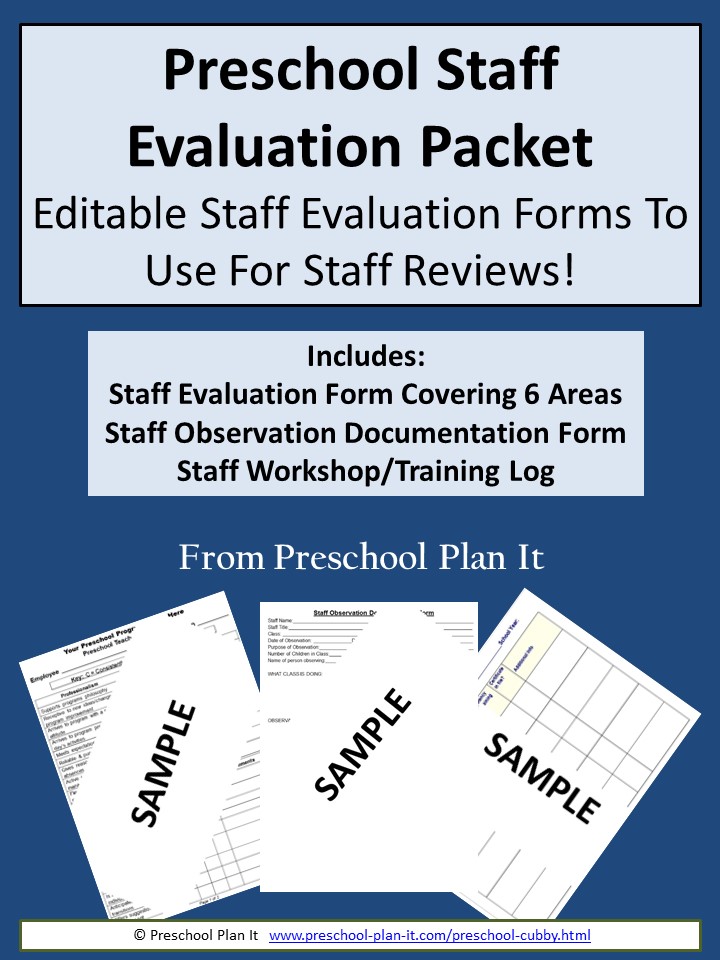- Theme Packs
- Themes
-
Preschool Planning
- Preschool Teachers

Social Promotion and Retention: The History
The History of the Social Promotion DebateThis issue of social promotion became the forefront of debate in 1999 with then President Clinton's State of the Union address where he vowed to end the practice stating in part "No child should graduate from high school with a diploma he or she can't read."
One More Time Article by Horizon.unc.eduSocial promotion refers to promoting children to the next level of education based on their date of birth. And it has been a topic of debate for decades as educational leaders try to determine how to best meet the needs of students in light of the success/fail educational rates in the country.
Thoughts on this issue have swung back and forth over the decades.
In the 1970's, promotion of all was encouraged based on research that showed negative effects on children's self-esteem when they were retained.
In the 1980's, concerns about students' low achievement in their grades combined with high school graduates who were not prepared for college or the workplace.
Based on the research, many districts passed promotion policies that were strongly associated to students' standardized test results, not on their age.
In the 1990's, many districts redacted these policies when new research and their districts' experience showed that dropout rates increased in those students who were retained.
In the 2000's the debate returned and due poor achievement results in students' prompted many states to, again, stop promotion that was considered social which was based on age and institute retention.
Which IS best for our students?
Well, the experts are divided.
Supporters of social promotion state that retaining a student not only does not improve their academic success but can cause emotional and behavior problems and increase the risk of them dropping out.
Opponents of it claim that by doing so, we are neglecting, and possibly hiding, school failure as a whole; that students' learn that effort and success are not needed or important in school and the community believes graduates are prepared for college and the workplace because they "graduated".
Research shows that NEITHER option alone is effective.
So, What Now?
Research shows that there are many strategies distracts can combine and put to use that would be effective. Some of them are:
- Create CLEAR standards for each grade. Many of the standards are too vague.
- Use MANY assessment measures, not just scores from one standardized test. Teacher recommendations, grades in class, performance based assessment AND the standardized tests should be taken into account.
- Properly train and prepare teachers. This seems obvious to most of us, however many teachers are not adequately prepared to meet the expectations for students' learning. If a teacher's training does not prepare them to properly teach the students the skills they need in each grade, improvement for the students will not happen.
- Reorganize how the schools are set up. Looping with students, small class sizes, multi-age classrooms and many other strategies provide for more personalization for the students' and can significantly reduce the number of students being retained.
SOURCES
There are many reports, studies and research out there for this topic. Some that I have read in the past and used to gather information for this page are:
The Balanced View: Social Promotion & Retention by Westchester Institute for Human Services Research
National Research Council
What's Next?
Most of this information refers to elementary, middle and high schools. However, as preschool teachers, we have the opportunity and responsibility to help our children prepare for Kindergarten, regardless of entrance based on age or ability.
We need to start looking at the Pro's and Con's of a child repeating preschool rather than starting kindergarten.
>Next Article: Holding a Child Back: The Pros and Cons
Return to the School Readiness Main Page from this Social Promotion Page
Return to the Preschool Plan It Home Page


Hey there! Welcome to Preschool Plan It! I’m Cheryl, a preschool teacher of over 20 years.
I KNOW, I know, you spend hours of time developing your preschool themes, activities and preschool lesson plans each week. You are commited to planning preschool themes and activities that are engaging hands-on, interactive, fun AND meet the goal of supporting each child’s level of growth and development.
I am commited to providing you, the preschool teacher, with everything you need to develop preschool lesson plans and preschool activities for your classroom all in one place!
READ MORE
Join My Free Preschool Teacher Tips Newsletter
You’ll receive a weekly email with planning tips and teaching ideas.
You'll also receive (on the 1st of each month) a free theme starter pack with some printables and activity ideas to get you started planning a theme!Join Now and Get Your First Theme Right Away!
© Copyright 2010-2024 Preschool-Plan-It.com | All Rights Reserved | Privacy Policy & Disclaimer
- Preschool Teachers











